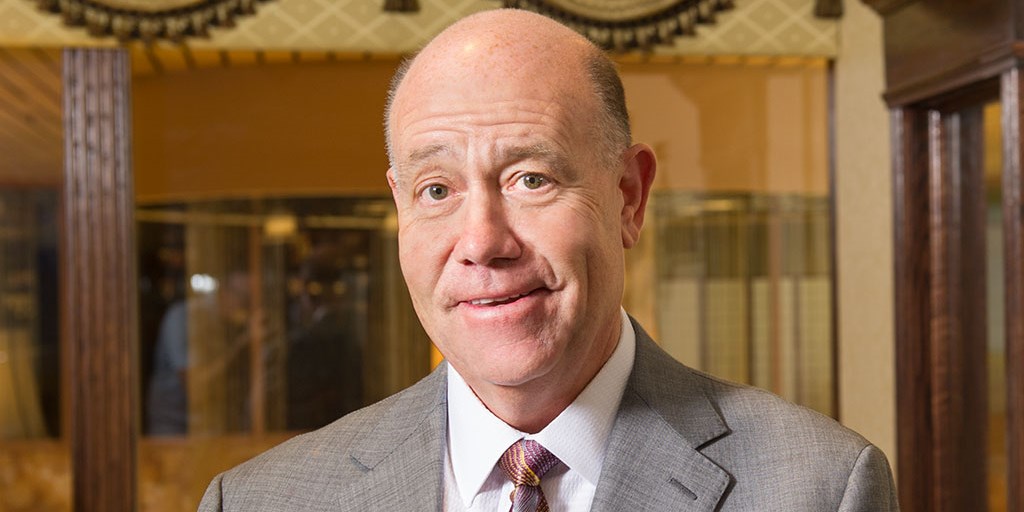If there’s not something wrong with the business you’re investing in, you’re probably paying too much, says Umberto P. Fedeli. “You take a great company, great quality and great growth, but the value is so expensive that you overpay, and now it’s hard to make that up,” says Fedeli, president and CEO at The Fedeli Group. “You can’t pay an unlimited price. I need fear and uncertainty to create volatility, and then ask, ‘Is it a problem or is it an opportunity?’” Fedeli is a competitive investor, constantly reading up on what’s going on in the market and scouting out the next great opportunity to earn a sizable return. “I have no interest in getting involved in something just to play,” Fedeli told Smart Business. “If we’re playing on the field, we’re playing to win.” In this week’s Dealmaker Strategies, we talk to Fedeli about his approach to identifying good investments.
Have room to grow
Fedeli admits he used to be a “deep-value investor” who would look for opportunities that were relatively inexpensive. “I couldn’t resist them,” he says. “Sometimes it worked. But Warren Buffett calls them cigar butts. You get one puff and you have to figure when to get in and when to get out. You have to get the timing right." The key is finding investment opportunities that have room to grow. “It could be a great company, and you could be buying it at a good value,” Fedeli says. “The problem is there is nowhere to grow. It’s already grown too much. What works is a company that has value, quality and is ready to grow.”
Be wary of turnarounds
Turnarounds obviously have the potential to provide a great return on your investment. But, too often, the much-anticipated turnaround never happens. “There are always more problems than what you see on the surface,” Fedeli says. “You see on the surface what you know. But you don’t know what you don’t know, and then it always takes longer.”
Don’t be a know-it-all
Be honest with yourself about your limitations, Fedeli says. Understanding your personal strengths is more important than seeming like you have all the answers. “You don’t get in trouble if you don’t know something and you say you don’t know something,” Fedeli says. “When you really get in trouble is when you say you know something that you don’t know. “I wasn’t good at much, but I always seemed to know who was good and who did know. I thought it was a weakness to say, ‘I’m not good here, but I know who is good here.’ But knowing who to trust and who is good at something is not a weakness. It’s a strength.”
Keep a checklist
Successful investors understand the value of a formal process for everything they do, Fedeli says. “What’s your investment criteria?” he says. “What’s your process, step by step? What is the final checklist? Did you go through and look at the customers? Did you look at the balance sheet? Did you look at their vendors? “Some people may have a checklist that has five items, but I’ve seen others that had hundreds of sub-items. You need to have a process.” Entrepreneurs often rely on instinct in the early days of their business, gradually developing a more process-oriented approach as they scale up. A clear process will help you both understand and plan out what you need to ensure success. “Usually, the biggest obstacles we have in our life are us,” Fedeli says. “You’ll see great athletes who will sit there and see themselves running and jumping in the air to grab that ball. They can visualize their performance. “Sometimes in business, guys don’t have that vision. They don’t know how to go to that next level. The process is important, and the checklists are important. If you analyze people who are super successful, you see that there’s a reason.” Related post: A man of the people who seeks to win at everything — and usually does




